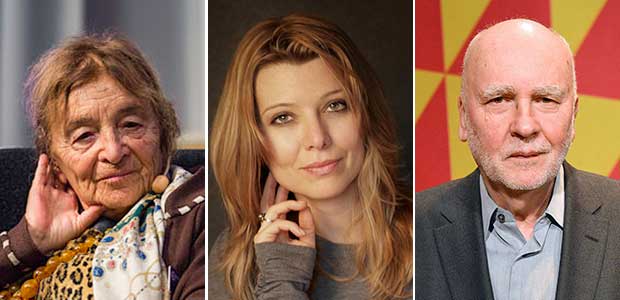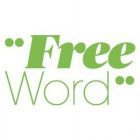Illiberal democracy: Europe’s worrying trend on freedom and liberty
Free Word in partnership with Index on Censorship brought together three major cultural figures from Hungary, Poland and Turkey to compare their stories and ask: is Europe just a place, or a set of values that are rapidly unravelling?
Europe was a bastion of hope for more than a million refugees last year. What brought them? A hunger for safety and security? Dreams of freedom? The draw of liberal democracy with its ideals of free expression, equal opportunity and persecution for none?
But look within our own continent and you will see the cracks. In Hungary, Victor Orban’s administration looks increasingly autocratic. Poland’s new conservative government is making changes to its public media that critics have said amount to a takeover. How can we support neighbours like Turkey in their fight to avoid authoritarianism if we can’t fly the banner for freedom at home?
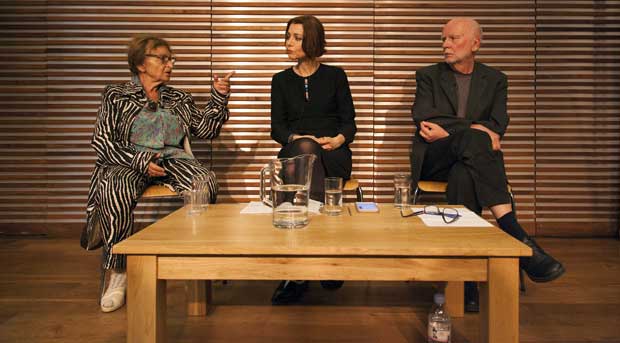
Agnes Heller, Elif Shafak and Adam Zagajewski
Photos: Sean Gallagher/Index on Censorship
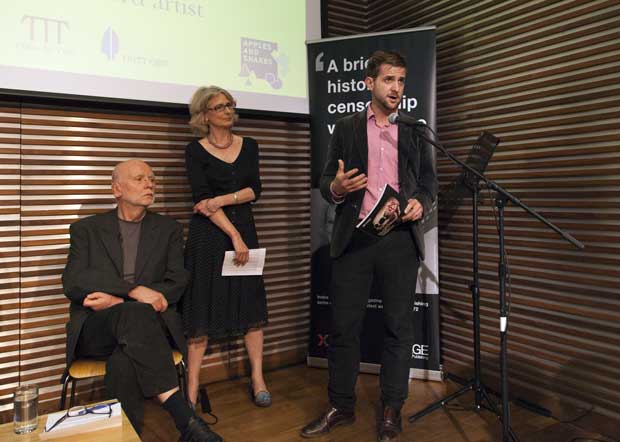
Poland, Hungary and Turkey come up on Index’s radar far too often at the moment, says @DBetzH, introducing tonight’s panelists #fweurope
— Index on Censorship (@IndexCensorship) June 15, 2016
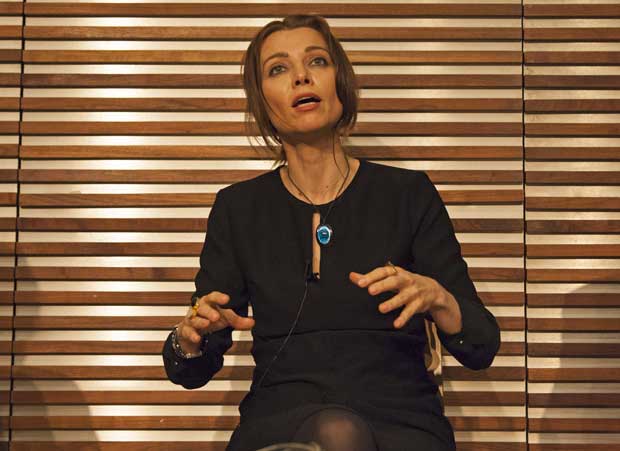
In Turkey people cite Singapore as example of having economic success without democracy. Says @Elif_Safak #fweurope
— Index on Censorship (@IndexCensorship) June 15, 2016
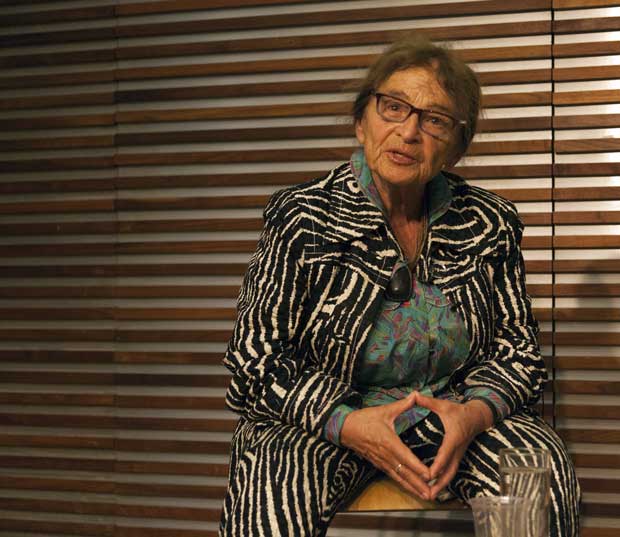
‘Liberal democracy is majority decision but not majority rule.’ #AgnesHeller #FWEurope
— Free Word (@FreeWordCentre) June 15, 2016
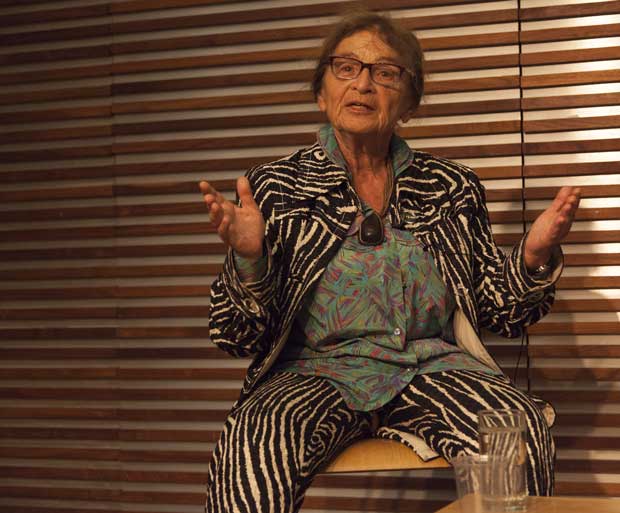
In Hungary, the question isn’t whether you should criticise the government, but whether you have the means to do so. #FWEurope
— Eleanor Paton (@eleanorpea) June 15, 2016
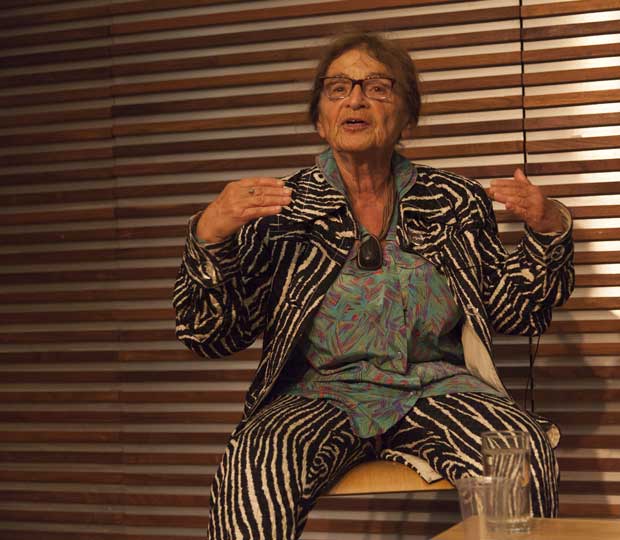
People cannot express their dissatisfaction with the government without a political language and discussion #AgnesHeller #FWEurope
— Free Word (@FreeWordCentre) June 15, 2016
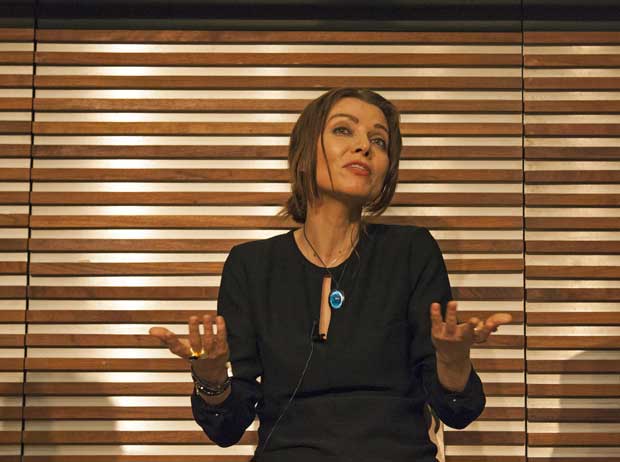
‘People internalise totalitarian values without realising it’ @Elif_Safak #FWEurope
— Free Word (@FreeWordCentre) June 15, 2016
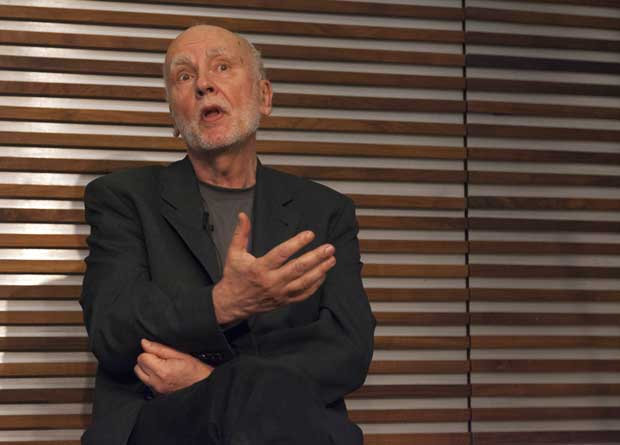
‘Writers have to defend political freedom but also the magic of imagination’ #AdamZagajewski #FWEurope
— Free Word (@FreeWordCentre) June 15, 2016
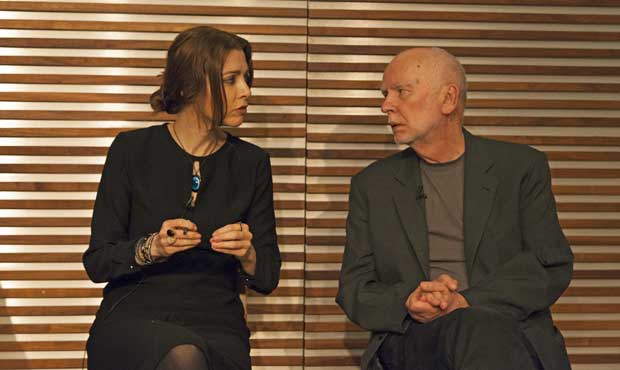
.@Elif_Safak says politics is everywhere. Adam Zagajewski says too much politics in creative writing inhibits imagination #fweurope
— Index on Censorship (@IndexCensorship) June 15, 2016
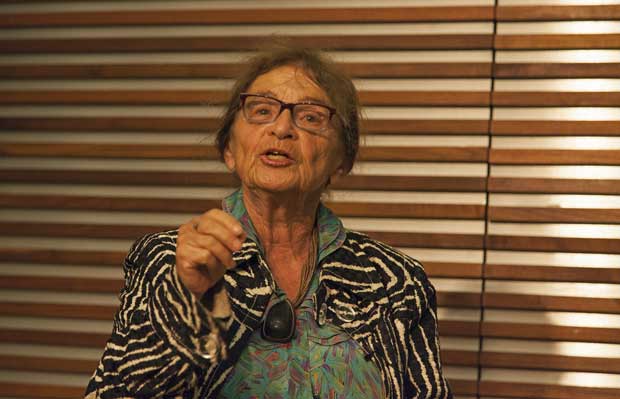
‘Limits of political correctness should be moral and not legislative’ #AgnesHeller #FWEurope
— Free Word (@FreeWordCentre) June 15, 2016
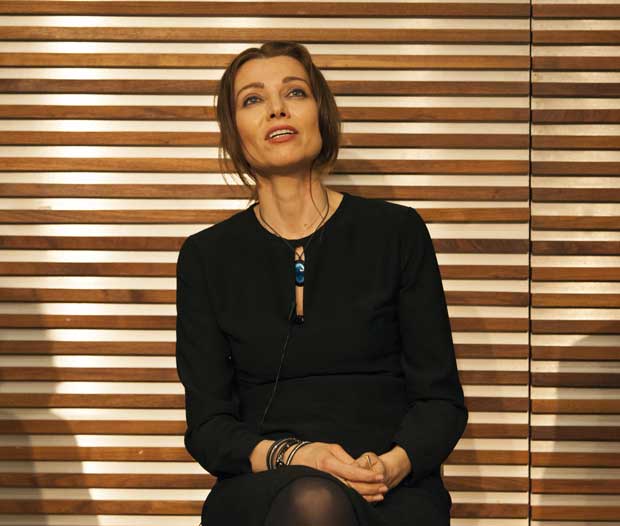
I’m bolder when writing fiction [than an op-ed] because I live in it. Later, when I send to editor, I get nervous @Elif_Safak #fweurope
— Index on Censorship (@IndexCensorship) June 15, 2016
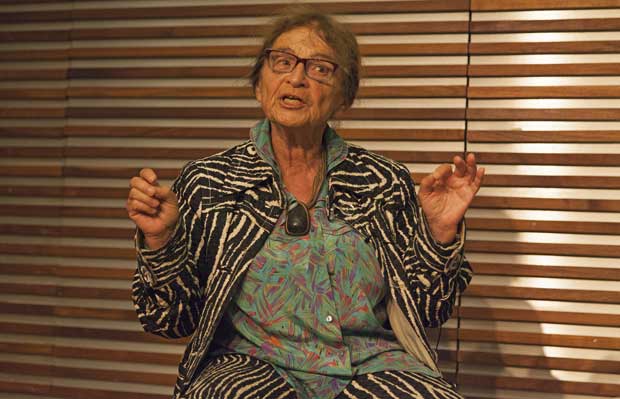
‘All interpretations of ‘Freedom’ should exist simultaneously’ #AgnesHeller #FWEurope
— Free Word (@FreeWordCentre) June 15, 2016
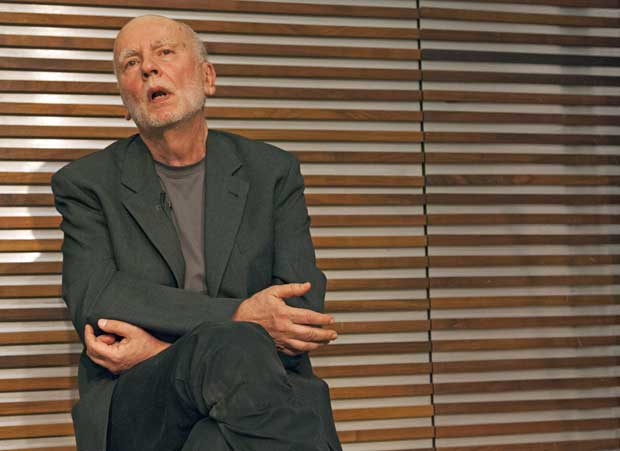
“Political correctness is partly stupid, partly vital. Trump abolishing decency,” says Adam. But he’s free to do that, adds Agnes #fweurope
— Index on Censorship (@IndexCensorship) June 15, 2016
Electrifying performance from #AlixAlixandra on freedom #FWEurope
— Free Word (@FreeWordCentre) June 15, 2016
Watch the event in full here:
Agnes Heller was born in 1929 and is one of the leading thinkers to come out of the tradition of critical theory. Her broad intellectual range and publications include ethics, philosophical anthropology, political philosophy and a theory of modernity and its culture. Hungarian by birth, she was one of the best-known dissident Marxists in central Europe in the 1960s and 1970s. She has held visiting lectureships all over the world and has been the Hannah Arendt Professor of Philosophy at the New School in New York. She now lives in Budapest and is one of the most popular and outspoken critics of the current regime.
Elif Shafak was born in Strasbourg, France, in 1971. She is an award-winning novelist and the most widely read woman writer in Turkey. Critics have named her as “one of the most distinctive voices in contemporary Turkish and world literature”. Her books have been published in more than 40 countries and she was awarded the honorary distinction of Chevalier of the Order of Arts and Letters. Elif has published thirteen books, nine of which are novels. She writes fiction in both Turkish and English. Elif blends Western and Eastern traditions of storytelling, bringing out the myriad stories of women, minorities, immigrants, subcultures, youth and global souls. Her work draws on diverse cultures and literary traditions, as well as a deep interest in history, philosophy, Sufism, oral culture, and cultural politics. Elif’s writing breaks down categories, clichés, and cultural ghettoes. She also has a keen eye for black humour.
Adam Zagajewski is an award-winning poet, novelist, translator and essayist. Born in Lwow in 1945, he first became well-known as one of the leading poets of the Generation of ‘68’ or the Polish New Wave (Nowa Fala). His poems and essays have been translated into many languages. Among his honors and awards are a fellowship from the Berliner Kunstlerprogramm, the Kurt Tucholsky Prize, a Prix de la Liberté, and a Guggenheim Fellowship. Since 1988, he has served as visiting associate professor of English in the Creative Writing Programme at the University of Houston. In 2010, he was nominated for the Nobel Prize in Literature. Adam is currently co-editor of Zeszyty Literackie (Literary Review). He lives in Krakow.

